Are you looking for tech jobs without coding? If yes, then your search will end here.
There are tons of jobs for people without programming skills!
The latest scenario has been modified completely, the fancy degree is not required for tech jobs, but it is an incredible skill(s) to land your aim job. If you have a specialty in the innovating tech area but you don’t know about programming/coding, don’t worry– not all tech jobs require you to be a specialist coder!
Let’s discuss the best jobs in tech that don’t require coding skills in detail.
Tech Jobs Without Coding
You may acquire one of these tech jobs that do not need coding if you have a computer.
Most IT occupations that do not need coding skills are sales and upper-level management. Other in-demand technology positions need expert-level competency but often do not require programming expertise. These are the professions of graphic design, business development, and writing.
Let’s discuss the top 10 jobs that tech that don’t require coding.
| Job Title | Average Salary($) |
| Project Manager | $89,805 |
| Graphic Designer | $48,938 |
| Data Analyst | $64,679 |
| Software Sales Rep | $51,683 |
| Software Product Manager | $102,852 |
| Systems Administrator | $65,036 |
| UX/UI Designer | $76,286 |
| Content Marketing Manager | $71,643 |
| SEO Specialist | $49,712 |
| Social Media Manager | $54,378 |
Best Tech Jobs That Don’t Require Coding
These are the following ultimate jobs in tech that don’t require coding; it is such as
1. Product Manager
A product manager leads the company’s structure, technique, and execution. It includes the best jobs in tech that don’t require coding. They’re more prone to value-driven consequences. Product managers curate methods and discover strategies that solve active prerequisites.

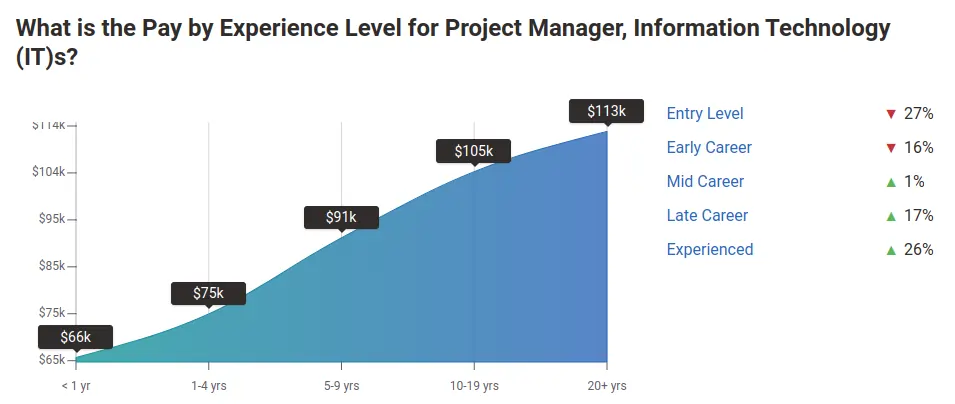
2. Data Analyst
A data analyst’s job is to help company leaders make informed judgments using data processing tools. They monitor KPIs and work with other data experts to extract data figures to assess a company initiative’s success. This high-paying IT profession doesn’t need coding.

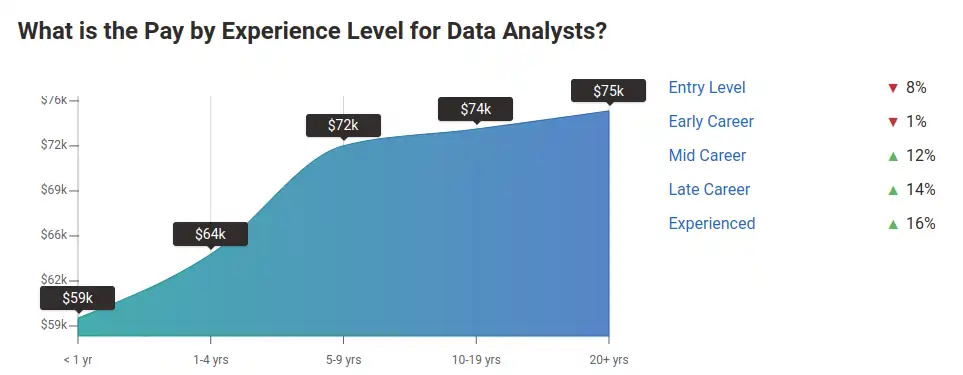
Entry-Level Jobs With No Coding Prerequisites
Following are the best Entry-Level jobs with no coding prerequisites.
3. UI Designer (User Interface Designer)
Did you ever exit a web page or stop using a product since you felt it was not pretty? A UI designer needs an eye for delicate design and expertise in providing a stunning interface. It makes it more effortless for the target audience to use the product/website. Your work spectrum has created a seamless, straightforward, and accessible UI (user interface).
4. UX Designer (User Experience Designer)
User experience (UX) and User Interface (UI) experts work hand in hand to give a seamless experience of using the website or an app for its users. A UX designer with a combination of technology, marketing, and user psychology tests to gather info about the experience of the website/ product. Their job in tech is to locate gaps and methods to enhance it and include the same modifications on the website/product. Their day-to-day actions have user research, data-driven design, wireframing & prototyping, and information architecture.

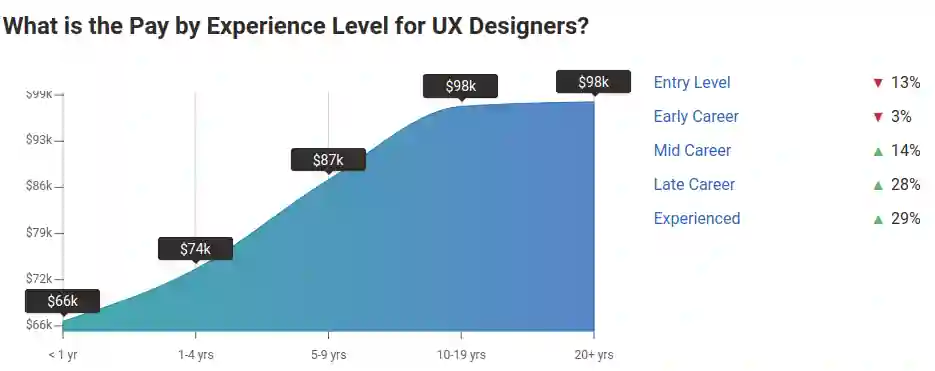
5. Information Architect
An info architect, various jobs in tech that don’t require coding, is an amalgamation of setup and user interface specialists at its primary. The architect would concentrate on devising the experience while also optimizing the usability of the forum and website.

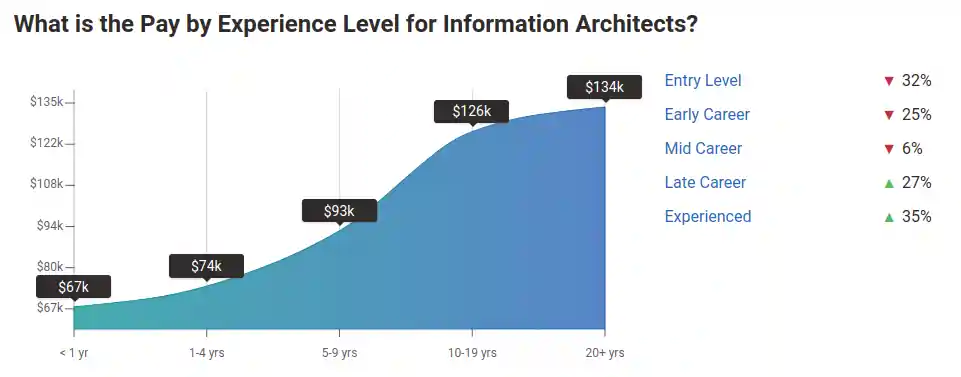
You May Also Like: Top 10 Most Common Types of Marketing Jobs in 2023
Remote Tech Jobs With No Coding Prerequisites
Let’s know the best remote jobs in tech that don’t require coding prerequisites, such as
6. Content Marketing Manager
In this job, the marketing manager oversees their content squads to create engaging and valuable content. They execute the content calendar to provide content production on time and on the way. It also invents digital marketing techniques to give success and recalibrate elements such as search engine marketing (SEM) or marketing automation tools.

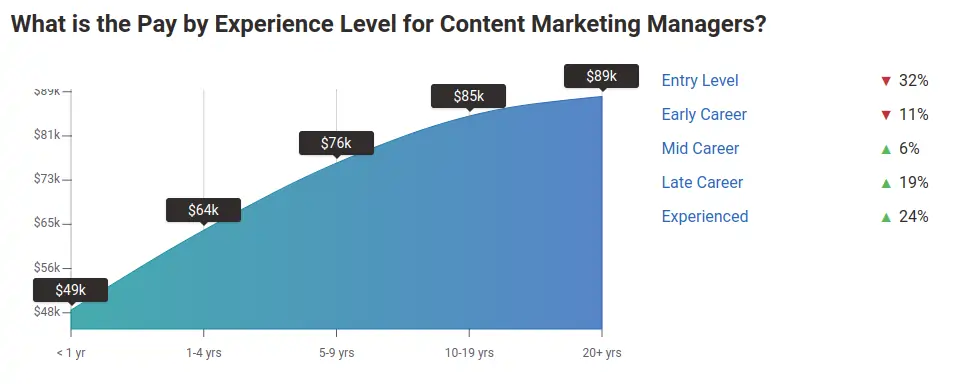
7. SEO Specialist
It is one of the best tech jobs that doesn’t require coding. The SEO specialist jobs demand an individual to develop search engine optimization (SEO), marketing techniques, and implementations. They are the prime example of earn while they sleep. Their actions help businesses optimize their content and improve their web searchability. They also use their analytical skills to manage search engine optimization problems to troubleshoot and fix them.

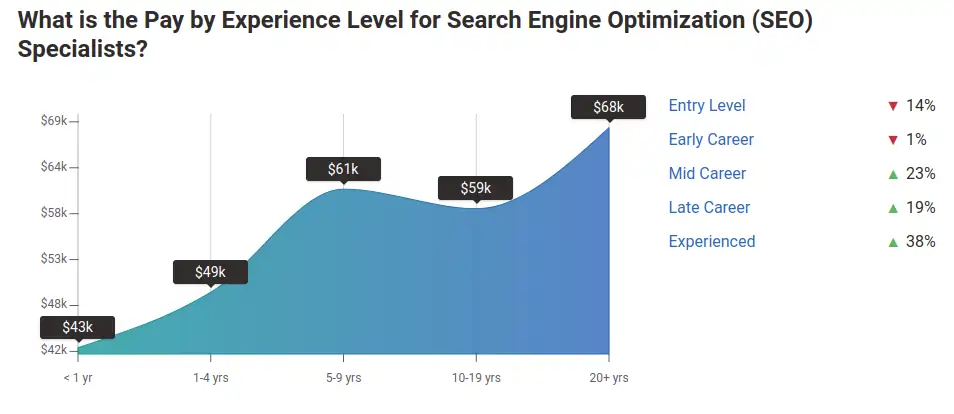
Most In-Demand Jobs In Tech That Don’t Require Coding Skills
The data below has been taken from the Bureau of Labor pay scale Statistics. It reveals the average salary and job expansion for these lucrative careers in technology. It also gives the lowest prerequisites to break into non-coding tech careers.
| Job | Average Salary | Outlook | Requirements |
| 1. Data Analyst | $108,660 | 2.4% | Bachelor’s Degree in Mathematics or related fields |
| 2. SEO Specialist | $49,712 | 10%* | Bachelor’s Degree in Marketing or related fields |
| 3. Social Media Manager | $52,750 | 10%* | Bachelor’s Degree in Marketing or related fields |
| 4. Graphic Designer | $50,710 | 3% | Bachelor’s Degree in Multimedia Arts or related fields |
| 5. Technical Recruiter | $62,290 | 8% | Bachelor’s Degree in Human Resources or related fields |
| 6. Tech Support Specialist | $53,085 | 7% | Associate Degree in Information Technology or related fields |
| 7. Software Product Manager | $101,149 | 16% | Bachelor’s Degree in Product Management or related fields |
| 8. Project Manager | $89,281 | 8% | Bachelor’s Degree in Business Administration or related fields |
| 9. UX/UI Designer | $78,300 | 23% | High School Diploma |
| 10. Content Marketing Manager | $71,643 | 10% | Bachelor’s Degree in Marketing or related fields |
Why Is Coding Not Everyone’s Cup Of Tea?
Tech is, undoubtedly, the ambition of the future. If you are one of the millions of young grown-ups about to dive into the first portion of your career, you may wonder what to do if you don’t like programming.
Coding skills are the backbone of the IT sector, but a checklist of non-coding jobs has taken off. If you search for a grocery delivery app, you need an IT squad to make an app. It allows your clients to place orders. Various groups are working to provide you with an ideal user experience.
Bureaus such as content management, PR, marketing, data analysts, and others tirelessly provide your app with the expected platform. Employees like UI designers, UX designers, and graphic designers come together to give a beneficial and efficient user experience.
Why Do You Want To Get a Tech Job That Doesn’t Require Coding?
- Lucrative Salary: Most tech fields have competitive paychecks for their job beginnings. You don’t have to worry about getting well.
- Competitive Industry: The tech industry gives various job options to forthcoming applicants. As long as you have the required skills and competence, you can discover a job that works best for you and your career dreams.
- Low Barrier of Entry: There are a lot of high-paying entry-level jobs in tech that don’t require coding. It can fit your working conditions. Some entry-level positions do not need coding skills.
Conclusion
I hope all the information in this blog is helpful for you to get the best jobs in tech that don’t require coding. All these are the jobs that are most helpful for you if you don’t know the programming languages. Through all of these jobs, you can also get the best salary. Of all of these jobs, the best one is project manager, User Experience Designer, Mobile Designer, Marketing Automation Manager, etc. Please tell us other jobs in tech that don’t require coding in the comment section.

